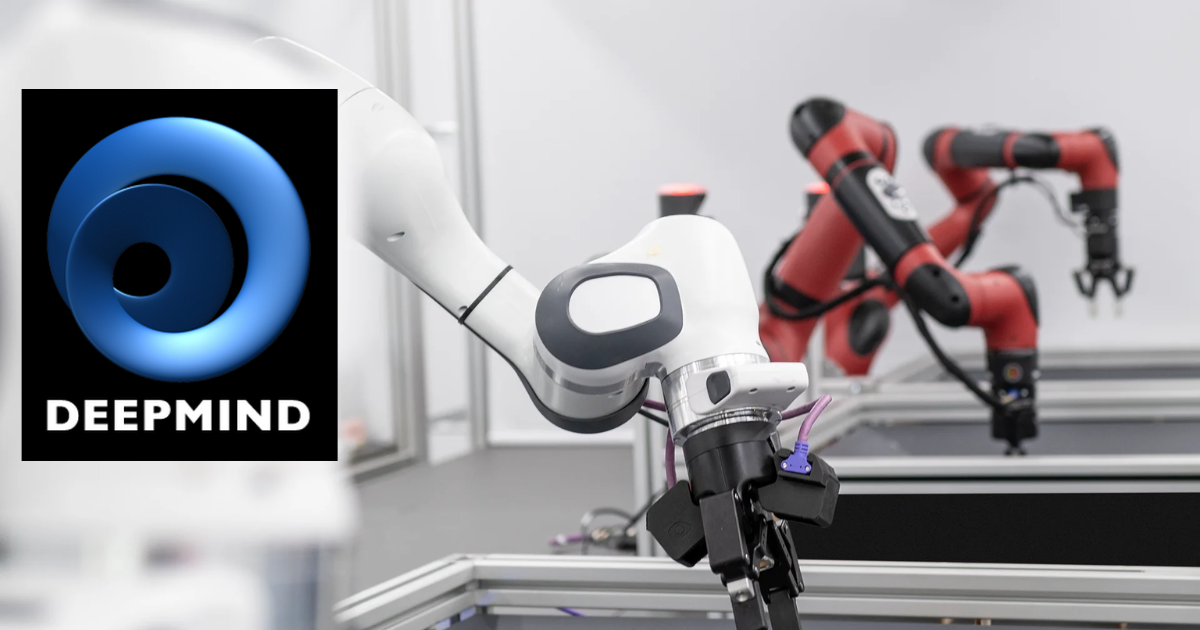DeepMind, a subsidiary of Alphabet, has announced the development of RoboCat, an AI model capable of performing various tasks using different models of robotic arms. What sets RoboCat apart is its ability to solve and adapt to multiple tasks while utilizing real-world robots, making it the first of its kind, according to DeepMind.
Alex Lee, a research scientist at DeepMind and a co-contributor to the RoboCat team, stated, “We demonstrate that a single large model can solve a diverse set of tasks on multiple real robotic embodiments and can quickly adapt to new tasks and embodiments.”
RoboCat draws inspiration from Gato, another DeepMind AI model that analyzes and acts on text, images, and events. To train RoboCat, researchers at DeepMind collected data from a combination of simulations and real-life scenarios, including images and actions from other robot-controlling models, humans controlling robots, and previous versions of RoboCat itself.
The training process involved collecting demonstrations of a task or robot using a robotic arm controlled by a human, followed by fine-tuning RoboCat on the specific task. The model underwent iterations and training on subsequent versions, resulting in the final version of RoboCat being trained on 253 tasks and benchmarked on 141 variations of these tasks in both simulation and the real world.
While RoboCat exhibited varying success rates across tasks during testing, ranging from 13% to 99%, its ability to learn new tasks with as few as 100 demonstrations showcased its adaptability and potential. DeepMind aims to further reduce the number of demonstrations required to teach RoboCat a new task to fewer than 10, which would significantly lower the barrier for solving new tasks in robotics.
Lee believes that RoboCat’s capabilities could have far-reaching implications, stating, “Provided with a limited number of demonstrations for a new task, RoboCat can be fine-tuned to the new tasks and in turn self-generate more data to improve even further.”
As DeepMind continues its research, advancements in AI models like RoboCat have the potential to revolutionize the field of robotics, making it easier to train robots for a wide range of tasks and paving the way for more efficient and adaptable robotic systems.



![[CITYPNG.COM]White Google Play PlayStore Logo – 1500×1500](https://startupnews.fyi/wp-content/uploads/2025/08/CITYPNG.COMWhite-Google-Play-PlayStore-Logo-1500x1500-1-630x630.png)